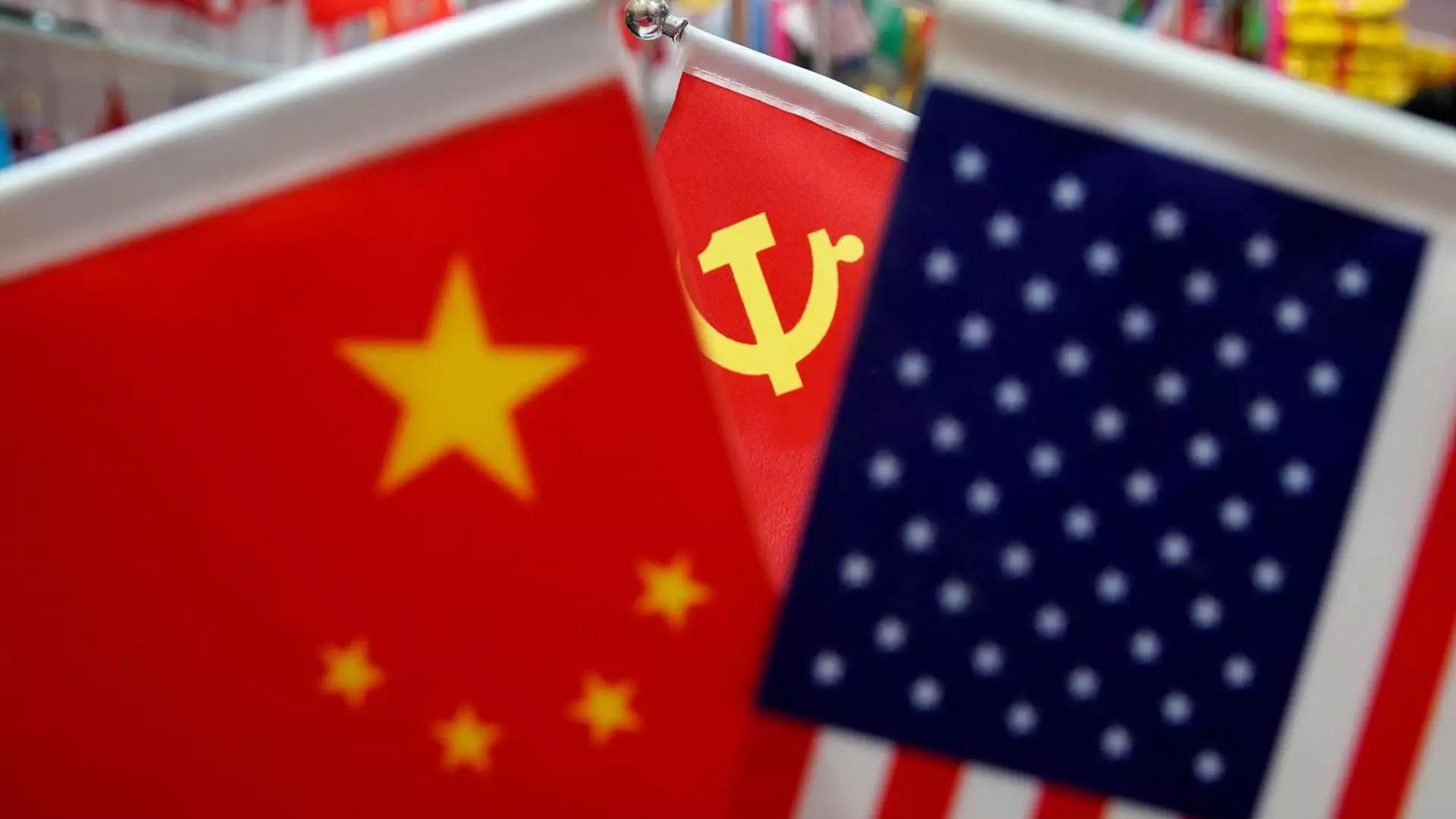The recent election of President-elect Donald Trump has sparked a renewed discussion about the intricate relationship between the United States and China. As the two nations grapple with their economic interdependence and geopolitical tensions, the call for increased dialogue and cooperation is more critical than ever. He Yongqian, a spokesperson for China’s Ministry of Commerce, has publicly signaled the Chinese government’s desire for constructive engagement, emphasizing principles such as mutual respect and win-win outcomes. This rhetoric suggests a strategic approach aimed at stabilizing and deepening economic ties despite potential trade barriers looming on the horizon.
In her remarks, Yongqian reiterated that China is open to expanding communication with the U.S. and navigating through differences. The message resonates with the broader strategy articulated by Chinese President Xi Jinping, highlighting the mutual benefits of trade relations. Such statements may reflect China’s recognition of the importance of a stable partnership, particularly in light of recent tensions over tariffs and trade practices. Further, the juxtaposition of potential U.S. tariffs with the necessity of cooperation showcases the delicate balance both nations must maintain to foster a robust trading environment.
Trump’s forthcoming administration appears poised to continue its assertive stance on China’s trade policies. During his campaign, he signaled intentions to introduce additional tariffs, aiming to recalibrate the economic playing field. Analysts, including Yue Su from the Economist Intelligence Unit, have suggested that the new administration may expedite tariffs using specific legal frameworks. This potential shift poses questions regarding the implications for the broader economic landscape, both for China and for global markets.
While some experts predict that significant tariffs could materialize in the domestically charged environment, others argue for restraint. David Chao from Invesco contends that the worst-case scenario might be exaggerated, indicating that Trump’s administration could leverage negotiations rather than immediately imposing tariffs. This perspective suggests an underlying priority to maintain economic stability—both domestically and internationally—over escalating trade conflicts. Such insights challenge the narrative of impending tariff escalations, emphasizing instead the potential for diplomatic resolutions that prioritize economic growth.
As both nations prepare to embark on this new chapter in their relationship, the emphasis on cooperation and dialogue becomes paramount. While past actions under Trump’s previous term suggest a willingness to confront discrepancies, current insights present a more nuanced scenario. The necessity for both American and Chinese policymakers to engage constructively cannot be overstated, especially given the intricate web of global supply chains that bind their economies together. Ultimately, fostering a sustainable economic trajectory will require both nations to prioritize collaboration amid challenges, steering clear of conflict for the mutual benefit of their citizens and the global economy.
As the U.S.-China relationship enters uncharted waters, the focus on mutual respect and cooperation will be critical in steering through potential disruptions, ensuring that both countries can thrive in an increasingly interconnected world.

